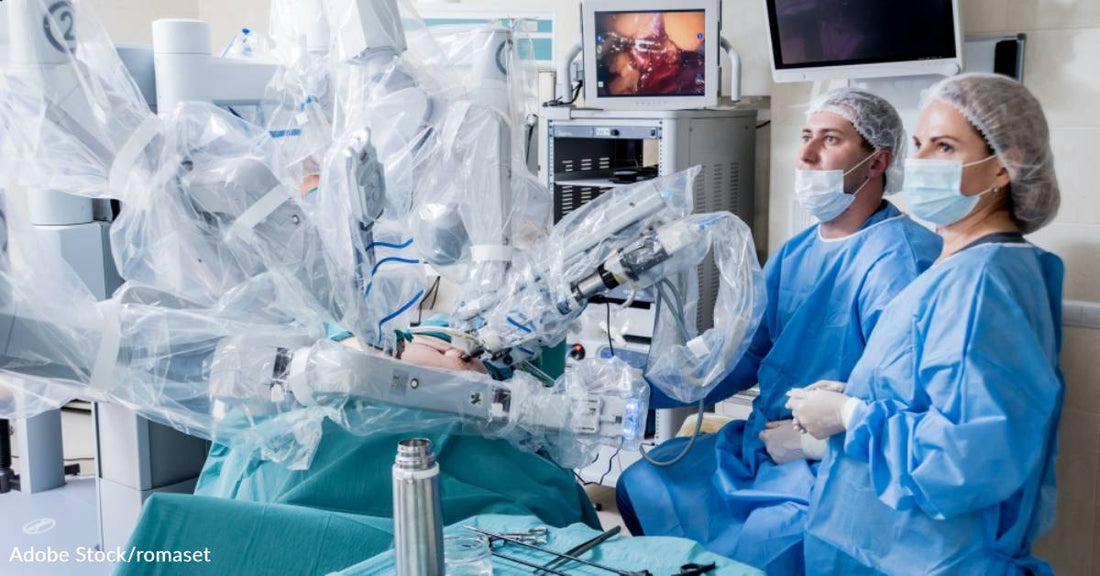First Robotic Metabolic Surgery Declared a Success in Treating Man with Type 2 Diabetes
Elizabeth Morey
Brazilian doctors have declared the first-ever robotic diabetes surgery a success. The surgery was used to treat a 61-year-old man with type 2 diabetes, who was then able to leave the hospital without using insulin.
Metabolic surgery is already available for patients dealing with diabetes, but this is the first time the surgery has ever been accomplished using robotic technology rather than with traditional surgical instruments. The goal of the treatment was to stimulate the pancreas to produce insulin after its production had begun to decline.
The surgery was performed by Dr. Alcides Branco, a digestive tract surgeon who regularly performs metabolic surgeries and is also a pioneer in robotics. Businessman Edmilson Dalla Vechhia Ribas was the first to go under the knife at the end of July at Marcelino Champagnat Hospital in the southern Brazilian city of Curitiba. He was released in early August after making a full recovery.
"I left the hospital without taking insulin..." says Ribas. "It is a victory for medicine and Dr. Alcides."
Since returning home, Ribas says he's been doing well and is excited about his new life as a healed man. "That was a great win. The recovery was very quick. I already have a normal life, driving a car, working, losing weight. It was a very successful operation."
The robot used for the procedure is a device consisting of four mechanical arms, each of which is capable of rotating up to 360 degrees and has a surgical instrument attached to the end. The robot is also equipped with cameras with 20x zoom that are capable of creating perfect 3D images for greater precision than is possible in a traditional surgery.
In this type of surgery, a surgeon guides the robot using a control panel in the operating room, which allows for great precision of movement. The procedure is less invasive and faster than a conventional video laparoscopy would be. This, in turn, leads to an easier recovery and less risk to the patient.
The hospital has already booked three more patients with diabetes for a similar robotic surgery. The hope is that this first surgery success opens the gate to being able to perform these faster and less invasive surgeries on many more diabetic patients in the future. Dr. Alcides says the procedure could be widely used, although there is a particular subset of the diabetic population for whom it is particularly helpful—namely, those who do not respond well to traditional medications for diabetes.
"The robot is a new tool that contributes to the surgical treatment of diabetes and brings more surgical quality, more safety, results and better performance. It's part of evolution," he says.
The robotic surgery is not recommended for all patients with diabetes, however. Those who were diagnosed more than seven years ago, are more than 70 years old, or who suffer from extreme obesity might be better off undergoing a conventional surgery.
But while it may not be for everyone, this surgery could be life-changing for patients like Ribas, who was previously plagued by diabetes that was difficult to treat.
"The war between diabetes and the patient is unequal. We fight her, but she wins," he says. "It is a silent illness that has no obvious symptoms, and when you see it, all is gone. Your kidney, the eye [...] There was a light at the end of the tunnel that we didn't know when this cure would take place."
Congrats, Brazil, on this awesome achievement! We hope it can be spread to the rest of the world very soon and can be used to help people with diabetes regain some of the freedoms they've lost to this disease.





